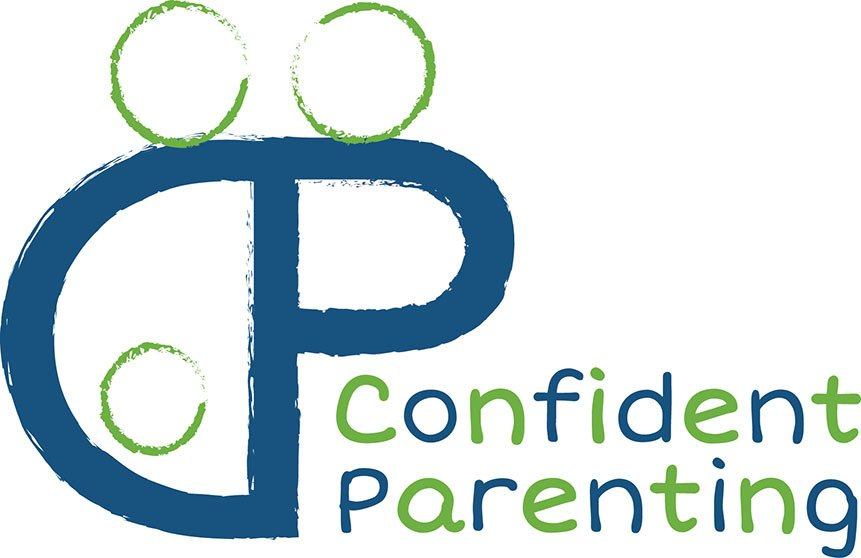Erica Desper, Bernadette Samuels and Amelia Kinsolving are moms supporting moms (and all parents) on the path to better sleep and smoother potty training, since 2010. Confident Parenting was named “Best” and "Family Favorite" resource by the Main Line Parent, Bucks County Parent and Philadelphia Family communities in 2022, their 9th and 10th and 11th accolade from parents! Meet the team here.
How Do We Deal with Nightmares?
Are Nightmares & Bad Dreams Disrupting Your Family's Sleep?

One of the most common questions we are asked as sleep consultants is “How do we deal with nightmares or bad dreams for our child?” It feels frustrating when your otherwise sound, independent sleeper isn't sleeping well and it may not feel "right" not to comfort them. Many parents worry this will trigger a new pattern they will get stuck in.
Beyond that, parents are also concerned that what they are dealing with isn’t normal. Rest assured it is! Nightmares and bad dreams are not uncommon amongst young children. According to the Sleep Foundation, approximately 50% of children between the ages of 3 and 6 experience frequent nightmares. As children get older that decreases to about 20% for children ages 6-12. Here are 5 tips for preventing and dealing with nightmares & bad dreams.
1. Make Sure Your Child is Well Rested!
According to the Cleveland Clinic, the exact cause of nightmares is unknown, but they are more likely to occur when children are experiencing stress or when they are overtired. Preschool aged children generally need 10.5-11.5 hours of overnight sleep, depending on whether they are or are not napping each day. If you suspect that your child is not getting adequate overnight sleep totals, we can help you formulate a plan to solve that.
2. Limit Media Intake
Children who have screen time in the evening are more likely to have sleep problems including nightmares. (Sleep Education) If your kiddo is struggling with nightmares, consider cutting off television, computers, tablets and video games before 6:00pm. Blue light emitted from screens can disrupt the natural production of melatonin, so limiting screens in the evening can help children wind down and prepare for sleep.
3. Listen & Reassure Your Child During The Day
Allow your child to tell you about their bad dreams or nightmares during the day when things are less scary. Reassure them and let them know that you are nearby and that they are safe in their bed and room.
4. Empower Your Child/Validate Their Feelings
Validate your child’s feelings; Phrases like “wow that must have felt very scary.” can make it clear that you understand what they are feeling. Have your child retell their bad dream and ask them how they would like it to end. You can also write down ideas for good dreams and place them in a dream box by their bed (see the video below) or check out The Dream Pillow.
5. Maintain Boundaries
In the heat of the moment, only you can decide what feels right in terms of how to respond to and comfort your child. That said, everyone will come through this common challenge most quickly and easily if you are able to maintain healthy sleep boundaries. For example, you might avoid strategies like climbing in bed together in favor of reassuring your child all is well and returning to check on them frequently at their open door until they drift back to sleep. Choose a response that doesn't give your child an incentive to wake, even in the absence of a legitimate bad dream.
Reducing stress and creating healthy sleep habits will be key to reducing or eliminating bad dreams or nightmares. If sleep has become a struggle in your household, book a 15-minute Discovery Call and speak with one of our consultants to learn more about our one-on-one sleep support.
For more tips on addressing fears, check out our You Tube videos...











